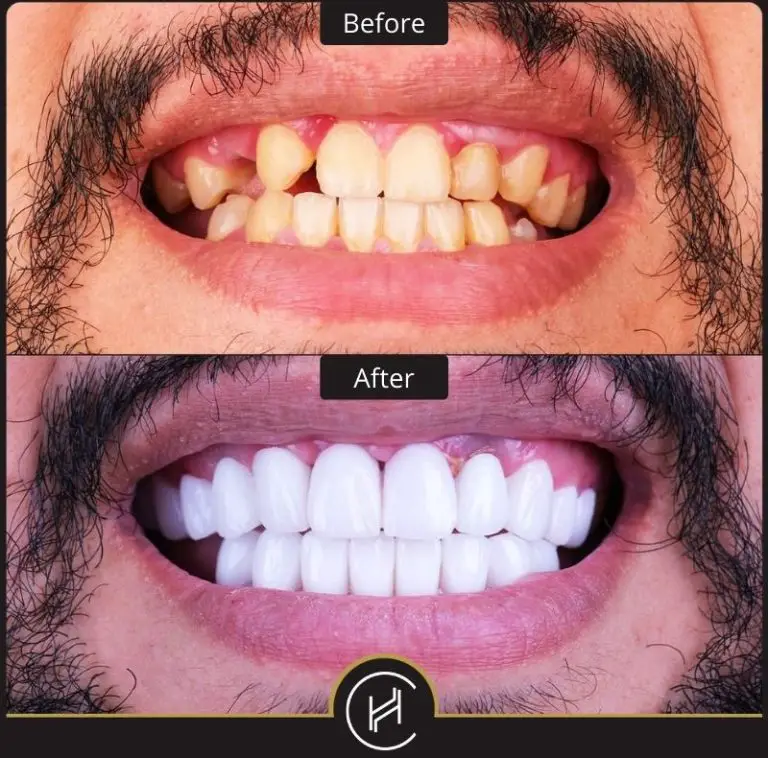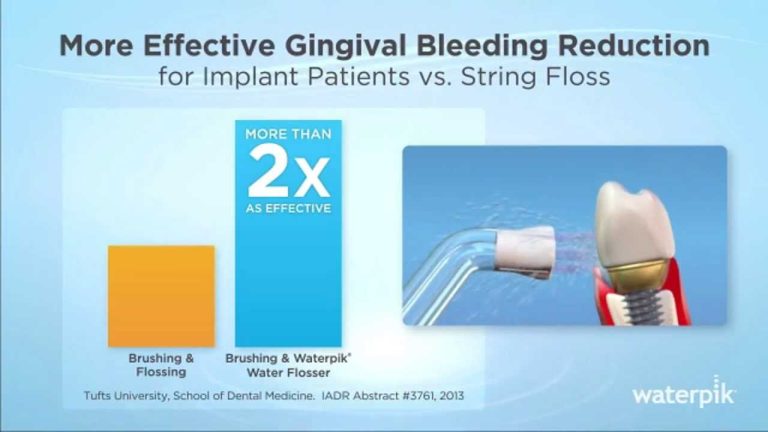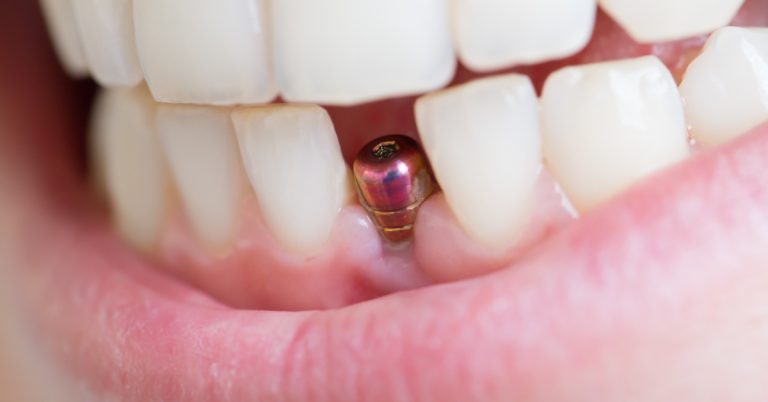Last Updated on 1 week by DR. ALBIN SIPES
Yes, cancer patients can receive dental implants.
Understanding The Impact Of Cancer Treatments On Oral Health
Understanding the impact of cancer treatments on oral health is crucial, especially when it comes to dental implants. Effects of chemotherapy and radiation on the oral cavity can result in dental complications for cancer patients. These treatments can cause dry mouth, gum diseases, tooth decay, and bone loss.
Due to weakened immunity, cancer patients become more susceptible to oral infections. This makes dental care before cancer treatment vital. Dentists evaluate oral health and provide necessary treatments, such as extractions or fillings, to ensure a healthy oral cavity. Dental implants, however, require careful consideration due to the risk of infections and the impact of radiation on bone healing.
Consulting with a dental professional, who has experience working with cancer patients, is essential in determining the appropriateness of dental implants. Overall, understanding the oral health challenges faced by cancer patients is crucial for effective dental care.
The Rising Demand For Dental Implants In Cancer Care
The rising demand for dental implants in cancer care is driven by the importance of restoring oral function in patients. With the advancements in dental technology, it is now possible for cancer patients to receive dental implants. Trends in the use of dental implants for cancer patients show a significant increase, as these implants offer advantages over other tooth replacement options.
Dental implants provide a strong foundation for prosthetic teeth, improving chewing and speaking abilities. They also help in maintaining bone health and preventing further deterioration. Moreover, dental implants enhance the overall appearance and confidence of cancer patients, positively impacting their quality of life.
With their durability and natural feel, dental implants are becoming the preferred choice in tooth restoration for cancer patients.
Overcoming Challenges: Dental Implant Eligibility For Cancer Patients
Dental implants can be an option for cancer patients, but several factors must be considered. Assessing the oral health conditions of cancer patients before dental implant placement is crucial. It allows dentists to determine if the patient’s gums and jawbone can support the implant.
Additionally, dentists need to evaluate the impact of cancer treatments on dental implant success. Chemotherapy and radiation therapy can affect the healing process and overall oral health. Therefore, collaborative efforts between oncologists and dentists are essential to provide proper care and guidance.
Both professionals should work together to create a treatment plan that considers the patient’s overall well-being. By doing so, cancer patients can overcome the challenges and potentially benefit from dental implants, improving their oral health and quality of life.
Dental Implant Procedures For Cancer Patients
Dental implant procedures for cancer patients involve careful preparation of the oral cavity prior to surgery. Different types of dental implants can be used, depending on the individual’s specific conditions and needs. The placement techniques and considerations vary, taking into account the patient’s overall health and the status of their cancer treatment.
The aim is to ensure the successful integration of the implant into the jawbone, promoting long-term stability and functionality. Dentists will work closely with oncologists and other healthcare professionals to develop a personalized treatment plan that minimizes any potential risks or complications.
By addressing the oral health needs of cancer patients, dental implant procedures can contribute to their overall well-being and quality of life. It is important for patients to consult with their healthcare team to determine the best course of action in their specific situation.
Safeguarding Dental Implants: Post-Implant Care For Cancer Patients
Dental implants for cancer patients require specific post-implant care to ensure their success and longevity. Managing oral care challenges unique to cancer patients is crucial after dental implant surgery. These patients need to adhere to diligent oral hygiene practices to maintain the health of their implants.
Regular professional follow-up and maintenance are also essential for the implants’ longevity. By prioritizing proper oral care and seeking professional guidance, cancer patients can successfully maintain their dental implants for years to come.
The Psychological Impact Of Dental Implants On Cancer Survivors
Dental implants can have a significant psychological impact on cancer survivors by restoring their self-esteem and confidence. These survivors often face challenges in their appearance and overall well-being after undergoing cancer treatment. However, dental implant rehabilitation can help enhance their quality of life.
Many personal stories from cancer survivors highlight the positive effects of dental implants, showcasing how these implants have played a pivotal role in their journey to rebuilding their self-confidence. For these survivors, dental implants go beyond just replacing missing teeth; they serve as a reminder of their resilience and triumph over cancer.
With each dental implant, survivors regain control over their appearance and are able to smile again, boosting their self-esteem and allowing them to embrace life after cancer treatment.
The Role Of Communication: Dentists, Oncologists, And Patients
Effective communication among dentists, oncologists, and cancer patients plays a vital role in the consideration of dental implants. Educating patients about implant options and highlighting the benefits are crucial aspects to address. Empowering oncologists with knowledge about the importance of dental implants in cancer patients allows them to refer patients for evaluation.
By adopting a collaborative approach and fostering interdisciplinary communication, dental professionals and oncologists can ensure comprehensive and well-coordinated care for cancer patients. This collaboration ensures that patients are well-informed about dental implant treatments, enabling them to make informed decisions about their oral health during and after their cancer treatment journey.
Furthermore, it enhances the overall patient experience and ultimately contributes to improved outcomes in terms of oral health, quality of life, and general well-being.
Frequently Asked Questions For Can Cancer Patients Get Dental Implants
Can Cancer Patients Get Dental Implants After Treatment?
Yes, cancer patients can get dental implants after completing their treatment. However, it is essential for them to consult with their oncologist and dentist to assess their overall health and determine if they are suitable candidates. Factors such as the type of cancer, treatment received, and overall health will be taken into consideration before proceeding with dental implant placement.
Is It Safe For Cancer Survivors To Get Dental Implants?
In most cases, it is safe for cancer survivors to undergo dental implant surgery. However, it is crucial for them to discuss their medical history and any potential complications with their oncologist and dentist before proceeding. The team of healthcare professionals will evaluate the individual’s health and make an informed decision based on their specific circumstances.
Can Dental Implants Be Placed During Cancer Treatment?
In general, dental implant placement is not recommended during active cancer treatment. It is essential for cancer patients to complete their treatment and be in a stable condition before undergoing any elective dental procedures. Consult with your oncologist and dentist to establish the appropriate timing for dental implant placement based on your specific circumstances.
Are There Any Risks Or Complications For Cancer Patients Getting Dental Implants?
While there may be some risks associated with dental implant surgery, cancer patients may face additional challenges due to their compromised health. Potential complications include delayed healing, increased risk of infection, and impaired bone regeneration. It is crucial for cancer patients to receive proper medical clearance and be closely monitored during the entire dental implant process.
How Does Cancer Treatment Affect Dental Implant Success?
Cancer treatment, such as chemotherapy and radiation therapy, can potentially affect the success of dental implants. These treatments may cause changes in oral health, including bone density loss and damage to oral tissues. Therefore, dental implant placement should be carefully evaluated and planned in coordination with the patient’s oncologist to optimize success rates.
Can Dental Implants Improve The Quality Of Life For Cancer Patients?
Yes, dental implants can greatly enhance the quality of life for cancer patients. They provide a durable, functional, and natural-looking solution for replacing missing teeth, improving aesthetics, speech, and overall oral health. However, it is essential for cancer patients to receive personalized guidance from their healthcare team to ensure that dental implant treatment is appropriate for their specific circumstances.
Conclusion
Dental implants can be a viable option for cancer patients, as long as their overall health allows for the procedure. While cancer and cancer treatments can affect the oral health of patients, dental implants present a stable and long-term solution for replacing missing teeth.
By collaborating closely with their medical and dental healthcare team, cancer patients can receive the necessary evaluations and recommendations to determine the best course of action for their dental needs. Furthermore, advances in dental technology and techniques have made it possible to provide safe and successful dental implant treatments for cancer patients.
It is important for individuals to prioritize their oral health during and after cancer treatments, as it plays a crucial role in overall well-being. By seeking professional advice and exploring all available options, cancer patients can regain their confidence and improve their quality of life with dental implants.





